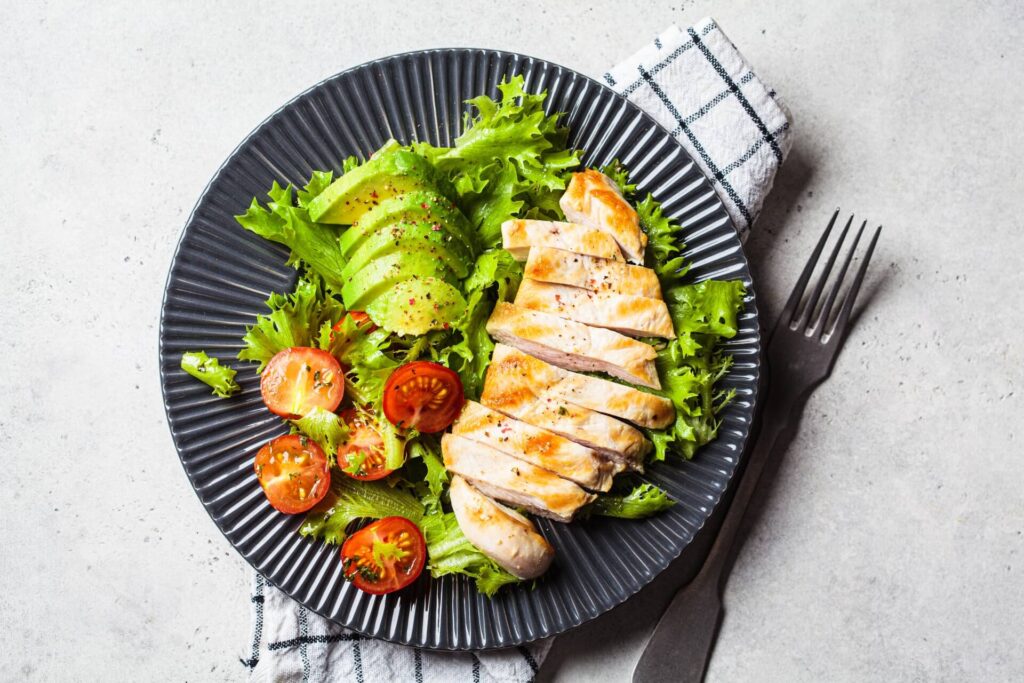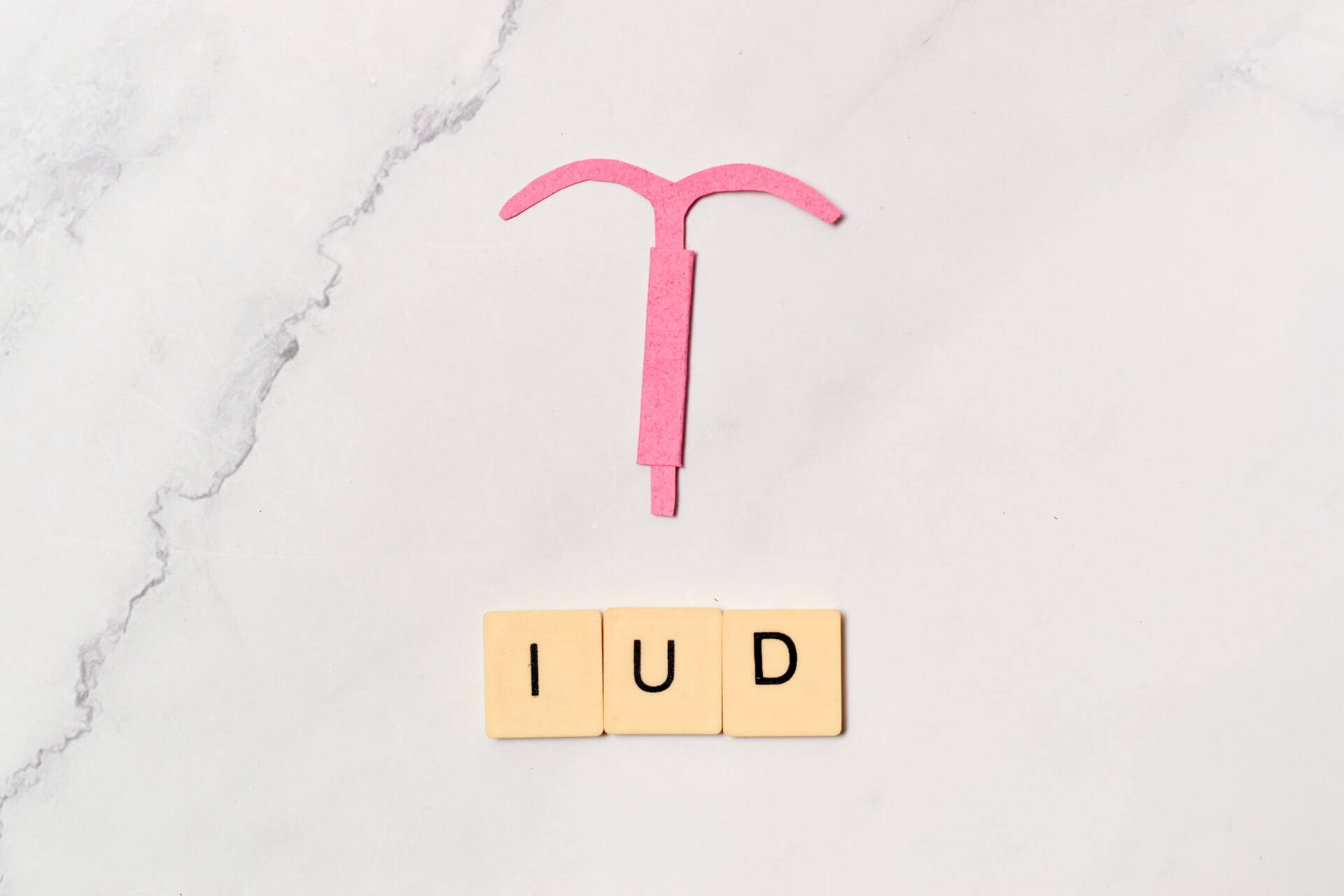Although everyone’s fertility journey is unique, we all have two things in common: the wish to have a child and the health to support it. Beginning today, with the correct nutrition, you might just be able to do both — and love it.
But how, you might ask? How can you accomplish two critical goals at the same time? You may be certain that picking the finest meals to boost your fertility is not about eating or being flawless. Instead, it’s about training yourself to make eating choices that will help you create a new life while also protecting your current one.
Will you, nevertheless, need to engage a dietitian or invest in a costly supplement regimen? No, not at all. Instead, you’ll consume items that you can find in your own kitchen or just around the block. Check it out for yourself:
1. Fruits
The first item on our list of fertility-boosting foods is a food that is most likely at the front of your local grocery store, if not in your refrigerator right now. Raspberries, blueberries, and strawberries are high in folic acid and vitamin C, both of which support good embryonic development.
These foods include antioxidants and inflammatory phytonutrients, which protect your cells from free radicals, which are harmful molecules we consume. And, as it turns out, this safeguard can have a genuine impact on fertility. According to one research, women who ate more fruits had a lower risk of infertility.
Furthermore, berries are one of the simplest fruits to consume. Sprinkle them over cereal, atop a supper salad, or in a smoothie blender.
2. Sailfish
You’ve probably heard about the benefits of Omega 3 fatty acids for anything from heart health to infant brain development. Salmon is a great source of them.
In addition, if you include this fish in your diet, you’ll get nearly a full day’s worth of vitamin D in only three cooked ounces. This is significant since studies have shown that low vitamin D levels increase the chance of infertility. It has also been shown to reduce inflammation in the body.
Still, if there is a danger to seafood like salmon, it is the mercury levels. To reduce your chances of consuming this hazardous toxin, pick fresh caught salmon over farm-raised salmon.
3. Vegetables with Green Leaves
Yes, your parents most likely told you to eat your veggies. But they had no idea that doing so might one day help you become a parent. This is because leafy greens, in particular, are high in fiber, folate, protein, and iron.
Folate, in particular, is considered to aid in the development of the brain, heart, and neural tube in fetuses, while iron is essential for preventing anemia. Furthermore, fiber can help your body’s hormone management, and one study found that plant-based protein lowered the incidence of ovulatory infertility by 50%. Broccoli, bok choy, and kale are some alternatives to spinach.
But hold on. What if you’re not enthused about eating a diet comparable to your pet bunny’s? Remember that you may spice up your leafy greens with various dressings and sauces or substitute them for items like tortillas.
4. Asparagus
Asparagus is no longer relegated to gourmet dining establishments; instead, it can be found in your local produce section, ready to nourish you. It contains a complete daily dosage of vitamin K, 60% of your daily folate intake, and 20% of your daily recommended doses of vitamins A, C, and thiamin in only one cup.
Keep in mind that a lack of vitamin K has been linked to infertility and birth problems, such as bleeding, during or after birth. Vitamin A, on the other hand, helps embryos grow in a healthy way, and vitamin C boosts the immune system and is a powerful antioxidant. Finally, thiamin deficiency, often known as vitamin B-1, has been associated to infertility and miscarriage.

5th. High-Fat Dairy
Many of us no longer consider whole milk because of lower-fat alternatives. In the case of fertility, though, keep in mind that when you feed your body, you may also be feeding a kid.
Full-fat dairy is a fantastic source of fat-soluble vitamins such as A, E, D, and K, and it delivers the good stuff to your body. Consider vitamin A to be vital for fetal development, and vitamins K and D to be beneficial to fertility.
You don’t like milk? Consume additional full-fat yogurt or ice cream. But only in moderation. Don’t be concerned. You’ll be able to thank your youngster years later when they demand a double-scoop chocolate cone.
Sixth. Oysters
Some of us adore them, while others despise them. In any case, oysters provide a real, low-calorie megadose of prenatal nutrients.
Isn’t it an exaggeration? Six oysters provide more than 400% of your daily necessary B12, 180% of your daily zinc, 187% of your daily recommended selenium, and 43% of your iron. While we’ve previously discussed the majority of these minerals, zinc affects hormone activity and aids in ovulation. In addition, selenium is known to aid in egg formation.
What do you think of that as an underwater treasure? Although roasted oysters are acceptable, raw oysters provide the greatest nutrients.
7. Lentils and legumes
And here’s another superfood you could have in your pantry. Lentils and beans are both high in fiber and folate, which aid in hormonal balance, as well as protein, which supports better ovulation. Vegetable protein has even been linked to decreased rates of anovulation, or the lack of ovulation.
Lentils, in particular, contain a nutrient known as polyamine spermidine, which may aid in sperm fertilization.
So, to incorporate lentils into your diet, consider substituting lentil soup for one or two meals. In terms of beans, you might use them in place of cheese or meat in your next salad.
8. Fruits of Citrus
Returning to the front of the grocery store, oranges and grapefruit include the nutrients polyamine, spermidine, and, of course, vitamin C.
As a reminder, polyamine spermidine is thought to enhance egg and sperm health, while vitamin C has immunological and antioxidant properties. However, there is one caution with grapefruit: it can interfere with some prescription medications. As a result, before embarking on a rigorous grapefruit diet, double-check your medication’s prescribing information and consult with your doctor.
Citrus fruits, like many of the items listed here, are widely available. However, we often think of them as snacks and forget that they may be used to dress up and flavor your next salad or smoothie.
It’s Not About Eating More Fertility Foods.
Hopefully, you’re feeling inspired to add more of these fertility-boosting foods to your shopping list by now. And, with limited stomach space, these items can take the place of other, less-healthy things you might have eaten otherwise. So it’s like receiving two benefits!
And, while no meal can ensure your success in conceiving, there’s even better news: these fertility foods aren’t difficult to come by. Some, as previously said, may be only a few feet away on your refrigerator shelf or waiting for you at your local grocer. As a result, getting started with them is simple. Also, make sure to read our article on the best vitamins to take when trying to conceive!
Whatever fertility-boosting foods you pick, keep in mind that every couple’s journey is unique. But you don’t have to go it alone. Dr Broad and their staff are here to help you with a range of therapies and experienced guidance. Contact their Newport Beach practice now to schedule your free fertility consultation.
About the Author
Dr. Jennifer Broad is a board-certified obstetrician and gynecologist who has been practicing in Newport Beach, California for over a decade. She received her medical degree from the University of California, San Francisco, and completed her residency training at the University of California, Irvine.
Dr. Broad is dedicated to providing personalized care to her patients and is committed to staying up-to-date with the latest medical advances in her field. She is a fellow of the American College of Obstetricians and Gynecologists and a member of the Orange County Medical Association.











